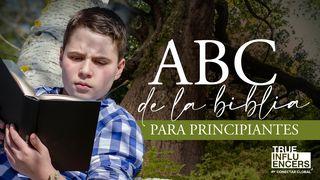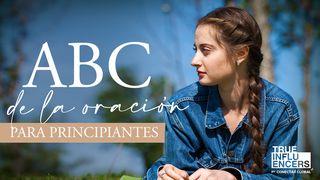3-Day Commentary Challenge - Proverbs 1-2Muestra

PROLOGUE, 1:1–6
The first verse identifies the author as Solomon. The importance of the book is suggested by his relation to David: “the son of David, king of Israel” (1:1).
The next four verses are an extended heading of the book and are not a grammatical sentence. They state that the proverbs can help the reader “to know wisdom and instruction, to discern the sayings of understanding, to receive instruction in wise behavior, righteousness, justice and equity,” and to gain “prudence. . . knowledge and discretion” (1:2–4). Besides that, the proverbs can help those already wise to become wiser (1:5–6). There is no higher purpose of Scripture than this, as will become clearer when Solomon defines true wisdom in the next poems. (Read Colossians 1:9–10 and observe the words “knowledge,” “wisdom,” and “understanding,” as those words are used by the Christian writer, Paul.)
THE BEGINNING OF WISDOM, 1:7–33
A Key Verse, 1:7
A key verse of Proverbs is 1:7, the opening proverb, declaring the theme of the book. Having stated the book’s purpose in the prologue, Solomon at verse 7 shows the reader how he can find the wisdom that the proverbs describe. “The fear of the Lord is the beginning of knowledge” (1:7a). Solomon will have much more to say about the fear of the Lord in the remainder of his book. (Read 2:5; 8:13; 9:10; 14:2, 27; 23:17.)
Chapter 1 noted that Solomon uses such similar words as “wisdom” and “knowledge” interchangeably, meaning righteousness or holiness, to describe the heart of the person who truly knows God. The word “fool” (1:7) means the unsaved man and his wickedness. (Proverbs 14:9 says, “Fools mock at sin.”) So in this first proverb of the book, the author identifies the two main groups who are the subjects of most of the proverbs: believers (the wise) and unbelievers (the fools).
God’s Counsel to His Children, 1:8–19
The phrase “my son” appears at three places in the stanza: verses 8, 10, and 15. The phrase is followed each time by a command: “do not forsake,” “do not consent,” and “do not walk.” The key verse of the stanza is verse 15:
My son, do not walk in the way with them. Keep your feet from their path.
The realm of the warnings is spiritual, not intellectual, as indicated by the words “sinners” (1:10) and “evil” (1:16). It is important to recognize that, in the first stanza following the key verse about wisdom, knowledge, and fools, Solomon makes it clear that he is writing about the spiritual realm of righteousness and unrighteousness.
It is interesting to observe that this first stanza is addressed to believers, exhorting them to beware of all the enticements and allurements of the world.
Escritura
Acerca de este Plan

This reading plan is from the Everyday Bible Commentary on Proverbs 1-2 and will help you go deeper in the Scripture. It is for anyone who has a desire to grow deeper in their understanding of the Scripture and strengthen their relationship with God by meditating on the deep wisdom of the book of Proverbs.
More
Planes relacionados

ABC De La Biblia Para Principiantes

1 Tesalonicenses: Modelos a imitar
Marcas De Un Discípulo

La Gracia. 7 Claves Para Vivir en Plenitud.

Confiando en Los Propósitos De Dios

Que El Mundo Crea

Testigos Del Milagro: La Primera Navidad

¡Levántate! 7 Claves Para Levantarte Y Seguir.
